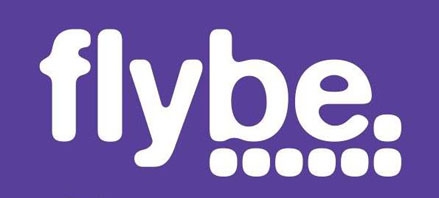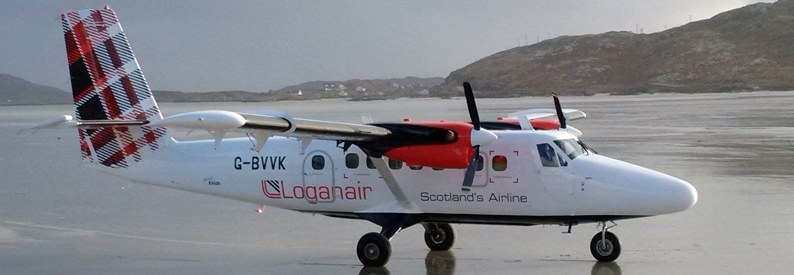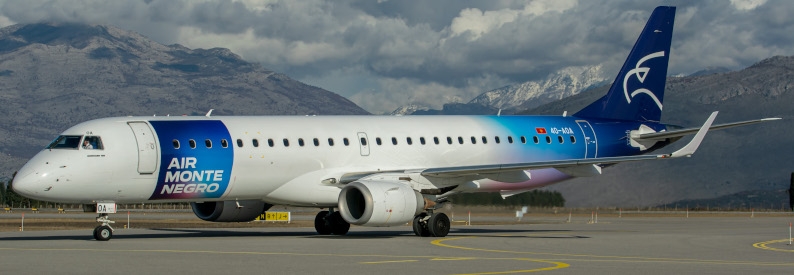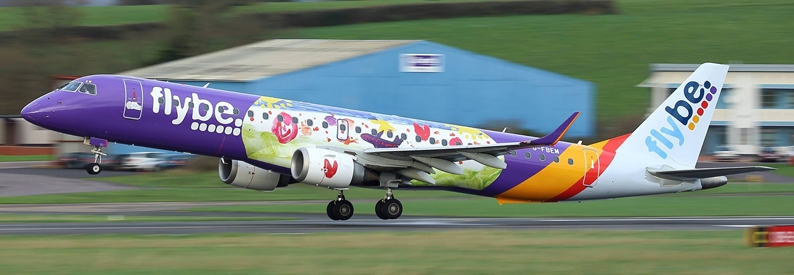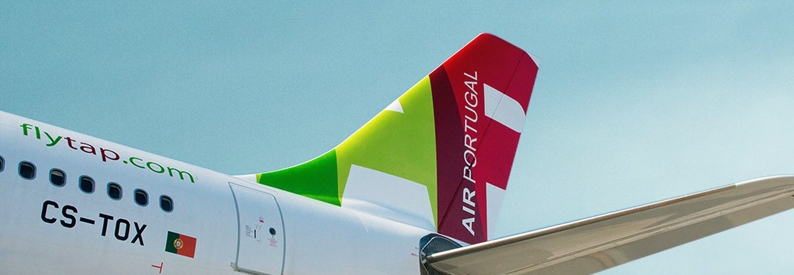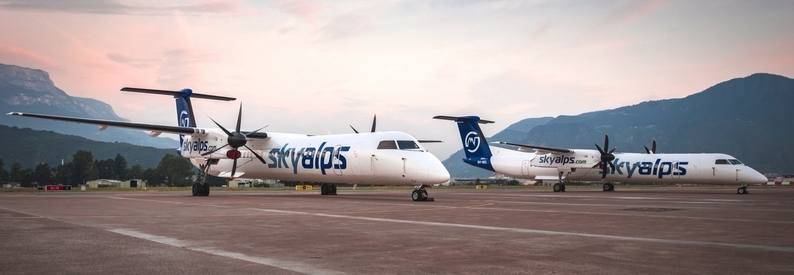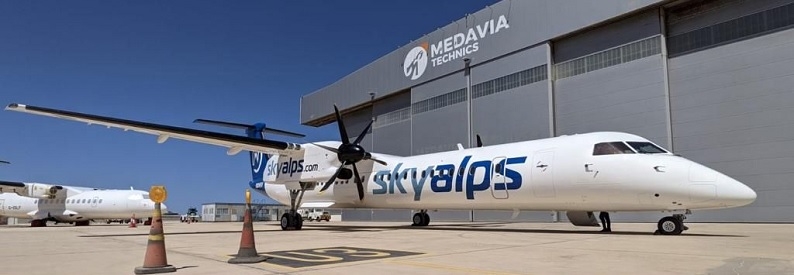flybe. (2002) (Exeter) is hoping that the UK government will throw it a valuable financial lifeline by considering cutting air passenger duty (APD) on domestic flights as part of a plan to help save the airline from bankruptcy, according to the BBC.
The move, if approved, would allow flybe, which is owned by a consortium including Virgin Atlantic, Stobart Group, and Cyrus Capital Partners, to defer its GBP106 million pound (USD138 million) tax bill while it puts together a rescue plan. By approving the cessation in domestic APD for all airlines offering internal flights, the government would avoid breaching EU state aid rules. The charge, which is GBP13 (USD20) one-way, is levied on all passenger flights from UK airports, excluding the Scottish Highlands and Islands region. Higher rates are charged for international flights and for passengers travelling in premium cabins.
UK Prime Minister Boris Johnson has said there is "no doubt" of the importance of flybe to the country's connectivity. It operates over a third of the country's domestic flights amounting to nearly 1,400 weekly frequencies, according to the ch-aviation Commercial Aviation Operator Capacity Data module. At UK airports such as Southampton, Exeter, Belfast City, and Newquay, the airline commands 90%, 85%, 79%, and 74% of weekly frequencies, respectively. However, Manchester and Birmingham, GB are the carrier's biggest operations in terms of capacity, with both airports offering around 20,000 weekly seats each.
"We see the importance of flybe in delivering connectivity across the whole of the United Kingdom," said Johnson. However, he added that it was "not for government" to step in and save airlines that run into trouble.
Improving connectivity outside of London was a key Conservative manifesto pledge during Johnson's recent election win, and at least one of flybe's routes, between Newquay and London Heathrow, is operated as a Public Service Obligation route, subsidised by the government.
